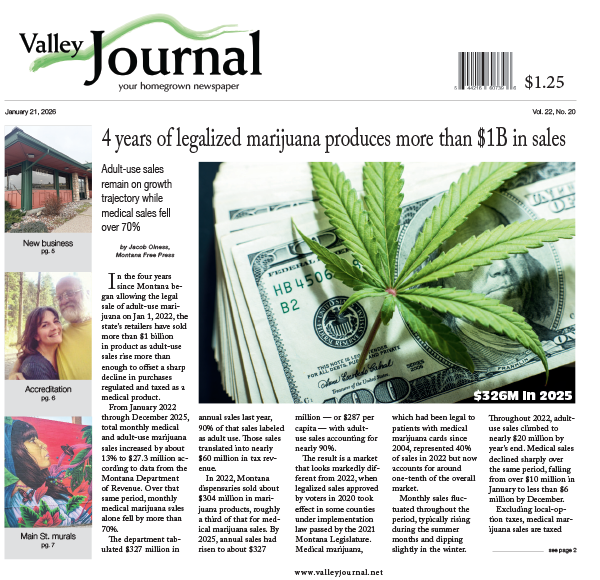Been there, Done that
Like, what do you mean?
Hey savvy news reader! Thanks for choosing local.
You are now reading
1 of 3 free articles.
Picture this, you are like sitting with a group of like your friends and you start to pick up on like this pattern of saying like. But like why do we say like so much?
Starting in the 1850s, the word “like” made its appearance more frequently in literature - a trend that continued steadily until the 1950s. That’s when “like” was picked up by the young and rebellious Beat Generation. Members of this Silent Generation counterculture movement introduced the word into their speech repetitively to symbolize their affiliation to the broader group. Using “like” became rather ubiquitous and subsequently aspired as shorthand or a stereotype in popular culture for the disdained group. Movies and early animated films in the 1950s frequently implemented this trope. Such slang spread around the country before the trend of injecting extra “likes” went mostly dormant.
Fast forward to the 1970s when a new phenomenon transpired on the west coast. A new group, Valley Girls, adopted the “like” habit. Valley Girls were a socioeconomic subculture that emerged in the upper-middle-class teenage and 20-something girls of San Fernando Valley of Southern California. Members of this subculture were characterized by congregating in malls and sporting a very definite sense of style, catered to by emerging consumerism. However, Valley Girls’ way of speaking was their defining trait. “Valley Speak” emerged-a sociolect or collection of slang and alternate pronunciation used by a specific class of people. Valley Speak included many phrases that have become widespread since like “Totally,” “Take a chill pill,” and “Psych!”
The Valley Speak sociolect remained largely a regional phenomenon until a musician named Frank Zappa released a song mocking the trend - aptly named “Valley Girl.” The song hit the charts, and was adopted as an anthem by the very girls Zappa meant to poke fun at. “Valley Girl” was even nominated for a Grammy! After the break-out success of the song, the California-based entertainment industry jumped on the bandwagon. Valley Girl tropes began popping up in movies and TV shows targeted at younger demographics. The modern teenager was birthed into the cultural consciousness. Thus “like” was seeping into North American English.
Unlike its first major debut in the ‘50s, “like” continued its longevity as a fixture of speech. At first, the English word “like” presented with only two meanings: to feel attracted towards and secondly, similar to. But, over the last 150 years, “like” has expanded to four new distinct meanings, each one highly functional when speaking. The first…happened “like a month ago.” Or the quotative usage, “And he was like hello.” Thirdly, “like” serves as a filler word similar to “um.” Lastly the word can apply stress or emphasis to something “like a lot.” All of this utility makes “like” a helpful tool in numerous conversational situations.
The extensive use of “like” is often portrayed as an example of how younger generations are “ruining” the English language. While I do agree that English is changing, I believe the term “ruin” is being needlessly dramatic. Languages naturally evolve over time. Early English is borderline unintelligible to us today because of this process. If you don’t believe me, just look up a book called “The Recuyell of the Historyes of Troye” by William Caxton published in 1473. Some people will bemoan and grumble about the continued evolution of English linguistics, but I prefer to look at it through the lens of fascination. We are witnessing something unusual as new ways to verbally articulate and express ourselves are being uncovered. Like, how incredible is that!
















